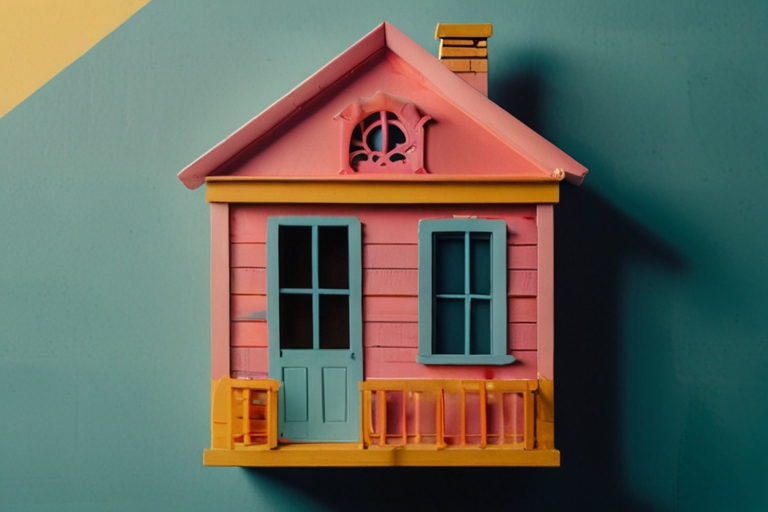Among the important aspects to consider in the decision whether to purchase or rent a house/flat, is financial one. There are scattered factors that deserve attentive consideration and analysis. Below is a step-by-step way to find the most suitable option available between buying a house or renting a property.
Financial Considerations
As you weigh buying against renting, take into account your personal financial situation, by reference to your income, savings and credit history. The purchase of a property sometimes means a huge sum of money to be put down from the very beginning, including a down payment, closing costs and current expenses, for example mortgage payments, property taxes, and options costs. Renting instead could bring about a small initial budget outfly and it would be easier to move out when the obligation ends.
Long-Term vs. Short-Term Plans
Assess your long term future as well as your perspecrum. One of the most important factors of owning a house is the long-run benefits in terms of equity and some available discount for taxes. On the flip side, homeownership is not only a commitment but also a responsibility, in fact, maintaining the house, fixing it and so on. Not to forget the market value of the house that fluctuates. Besides flexibility and convenience, temporary residency represents also mobility and the ability of people to move easily whenever they need, either due to uncertain employment prospects or short-term lifestyle.
Market Conditions and Affordability
Pay attention to the surrounding housing in terms of rent prices, affordability, and so on in the district where you supposed to stay. Some markets could be more beneficial for renting rather than buying depending on the situation. For instance, if you live in an area where home prices are overwhelmingly high and the rental rates are comparatively low. Or if you need to move in less than a couple of years from now. While in places with stable or increasing property values purchases in homes can offer long-term value and investment potential, the option of renting can be more profitable in areas with unstable or falling values of home.
Personal Preferences and Lifestyle
Think about the things that make you tick (hobbies/lifestyle preferences) and how you support your needs and future goals through the home you live in. When you have made your home purchase, you can tailor your living space, invest in your personal wealth and feel more attached to your community. In such cases, renting is alright since it provides freedom, gives you option of living in different neighborhoods for a certain amount of time or even helps in testing different living arrangements unless you are sure of what you want to settle on permanently.
Risk and Opportunity Costs
In case of the two choices, factor in the risks and losses that may be involved. Purchase of a home has its own share of financial risks such as housing market changes, a possible depreciation and expenses that cannot be predicted on time among others. On the other hand, renting is much less risky from the financial point of view, but one has to understand that such a choice can effectively defeat the purpose of building equity and benefiting from the potential appreciation in home value which usually comes with the purchase of real estate.

